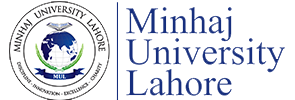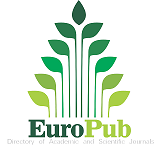Anti-oxidant, anti-inflammatory, immunomodulatory and anti-pathogenic properties of black seed (Nigella sativa) and its components, a review
DOI:
https://doi.org/10.58932/MULH0012Keywords:
Nigella sativa, Nigella sativa oil, Antioxidants, Anti-Inflammatory Agents, Immunomodulating AgentsAbstract
In context of the recent scholarly works, different immunotherapeutic and immunomodulatory opportunities for the crude oil of Nigella sativa (N. sativa or NS) seeds items and its substances have been utilized. The delivered ends give inferences that both the oil and its substances, specifically, Thymoquinone (TQ), have measurable anti-oxidant effects through strengthening the anti-oxidant scrounger framework, which produces influence counteracting effects brought on by a few put-downs. The oil and TQ have demonstrated likewise compelling mitigating results on a few plans that cause inflammation like preliminary encephalomyelitis, peritonitis, colitis, edema, and osteoarthritis through withdrawal of the prostaglandins and leukotrienes. The oil and certain substances uncovered significant immunomodulatory characteristics, supporting the lymphocytes and cell-intervened safeguard responses. In particular, both the oil and its substances demonstrated inhibition to growth characteristics toward various microscopic organisms and malignancies. Joining these advantages with its utilization in medicine, NS seeds are a promising asset for substances that would accompany imminent recuperating strategies in various logical setups. The proficiency of these substances ought to be determined by the qualities of the condition. In the light of their successful immunomodulatory results, further examinations are expected to find beneficial results of TQ on the master antigen presenting tissues, like macrophages and dendritic tissues, as well as its modulatory results upon Th1-and Th2-intervened ailments. In the end, results developing from such exploration will impressively upgrade the immunotherapeutic program of TQ in logical designs.





